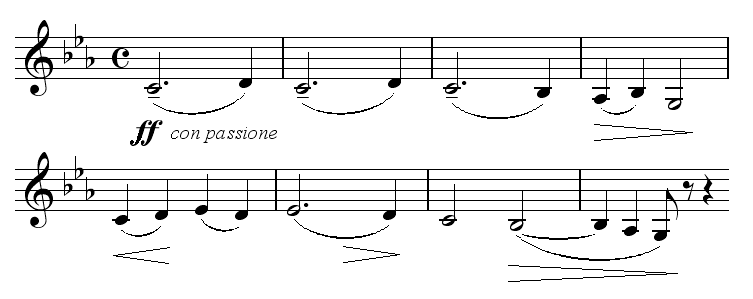New
#11
Memory Leak when Copying/Selecting Word files
-
-
New #12
-
-
New #14
Sorry its taken me so long to reply. I am using multimeter gadget to monitor my memory use. I am dual booting windows vista and 7 using C as my vista drive and X as my windows 7 drive when I select multiple word files in C drive (across the partition) from windows 7, the memory leaks until it has no more space. If I'm quick I can usually get a command line up and get task manager running before it locks up. Then I kill windows explorer process and type explorer.exe in the command line to reopen it.
-
New #15
-
New #16
Not to let this "fall through the cracks", as regards "object files" produced by an "assembler":
See this link: MASM32
An even more important point here, is that with a really good disassembler,( Slightly modified: )
Why Write Assembler
The simple answer is because you can. While there are very good compilers that in many instances produce good quality code when run with the right options, you are usually stuck with doing things their way where with an assembler as powerful as MASM you have a high degree of architectural freedom which you manipulate to your design advantage to produce high precision high performance code without compromise to language format or compiler designer preference.
MASM's flexibility allows the skilled programmer to target areas as diverse as dynamic link libraries for 'various programs', object modules that are linked directly into 'various programs' and of course complete executable files for task critical applications. MASM when mastered correctly put power and performance into the hands of programmers that few have ever seen and contrary to popular opinion, a modern assembler like MASM, used in conjunction with both macros and libraries, can be coded at about the same speed and reliability as 'other' code.
the output mnemonics can be used as "source-code" input to an assembler,
to yield a dll or an object file.
-
New #17
I stand corrected. It is indeed possible for an assembler to produce a binary which technically qualifies as an "object file", but I'd argue that the overwhelming percentage of object files are compiled, not assembled.
That still doesn't make the disassembled mnemonics the "source code" for the original executable, just as using a really good DAT recorder to grab Beethoven's 9th Symphony off the radio doesn't mean I now have access to his sheet music :)
-
New #18
-
New #19
Indeed it does, IFF the resultant binaries are identical, byte-for-byte...
(If they're not, then you'd have to tweak the mnemonics to 'fit' the original .exe binary.)
I can't believe that you, of all people, would record the Choral "off the radio"...
However, if you had a really, really, excellent "Demusiker",
and your A/D converters were of excellent quality, one would never know:

I hope it was Toscanini's version...
Perhaps Rachmaninoff's 2nd Piano Concerto could be an early test-trial of the "Demusiker"Tochter aus Elysium,Freude, schöner Götterfunken
since it's more familiar to many people, and a little less complicated...

-
New #20
i have the same problem
SDB15, I have the same problem, when i select any word files on explorer the memory consumption goes up 100% and freeze up the machine. This problem only happens with word files (Microsoft word 2007).... Do you solve the problem????.
OS . Win 7
Related Discussions




 Quote
Quote
 One of my favorite pieces of all time!
One of my favorite pieces of all time!